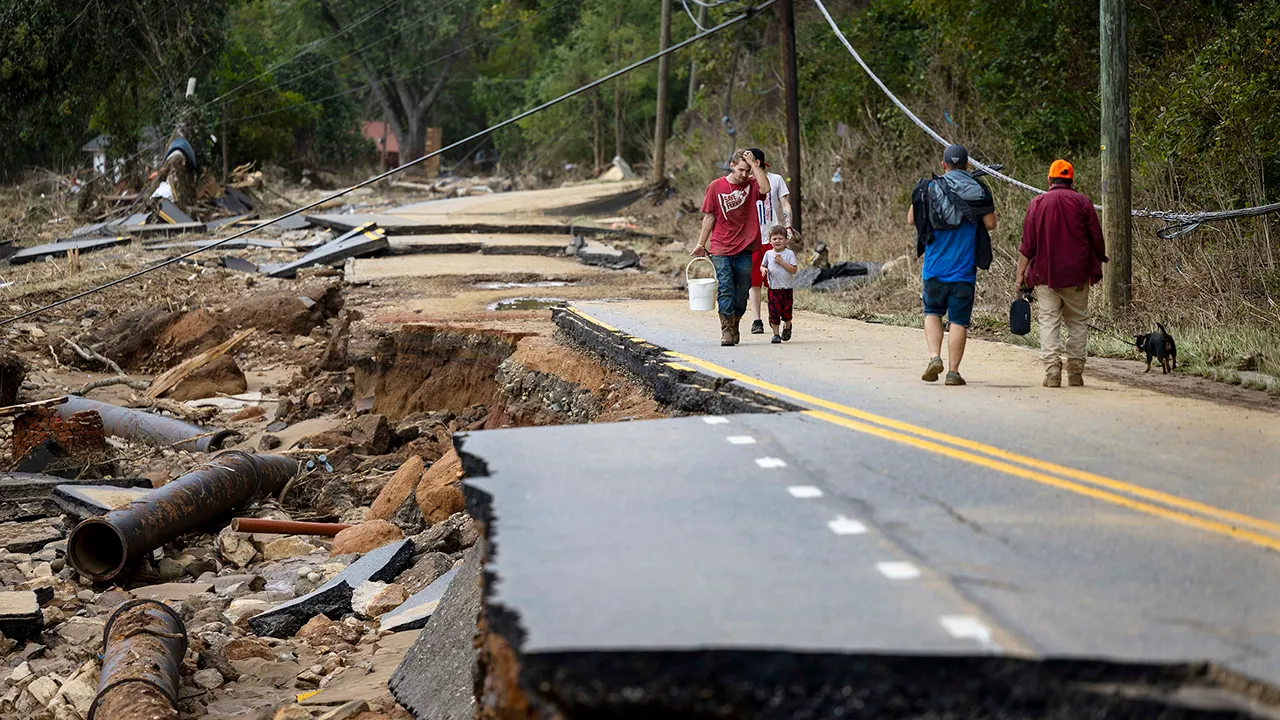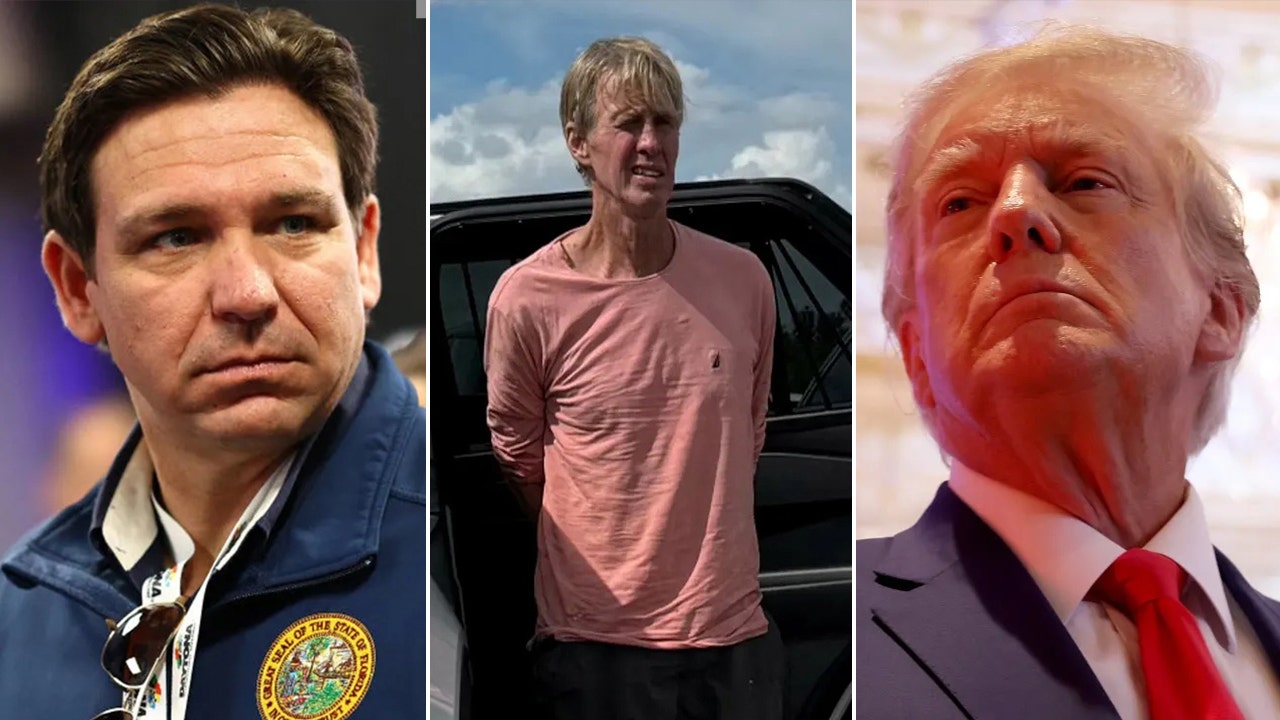In a statement Saturday, Mr. Kennedy said the event was intended “to honor Cesar Chavez and his close friendship with my father, my family and me, and his impact on our country.” In an interview Sunday, he said he had repeatedly reached out to members of the family in the weeks before the event, but heard nothing until reporters called on Friday about the letter, which he said the campaign never actually received. (The letter was emailed on Friday to the campaign’s press office address, a family spokesman said.)
“Of course, if they had asked me, we would have done something else, very, very easily,” Mr. Kennedy said. “If people in the family had wanted us to cancel the event, it would have been quite easy for them to pick up the phone.”
Mr. Kennedy’s father formed a bond with Chavez in the mid-1960s, when he was a senator, and became the first national political figure to embrace Chavez and the farm labor movement he was working to build. In March 1968, Robert F. Kennedy famously sat with Chavez as he ended a 25-day fast he undertook to make penance, he said, for the violent rhetoric of some strikers.
In 1980, when Mr. Kennedy’s uncle, Ted Kennedy, was seeking the Democratic nomination for president, Chavez and his family — including Fernando Chavez — worked with the Kennedy family, including Robert F. Kennedy Jr., on Latino voter mobilization, Fernando Chavez and the younger Mr. Kennedy both recalled.
At Cesar Chavez’s 1993 funeral, the younger Mr. Kennedy was among the people who took turns carrying the coffin. The Chavez family letter expressed gratitude for those pallbearers, but noted that while other elected officials and future political candidates had been among them, “To our knowledge, none of them have featured images carrying the casket in their political campaign materials and promotions. We take offense at the use of such sacred moments purely for political purposes.”






